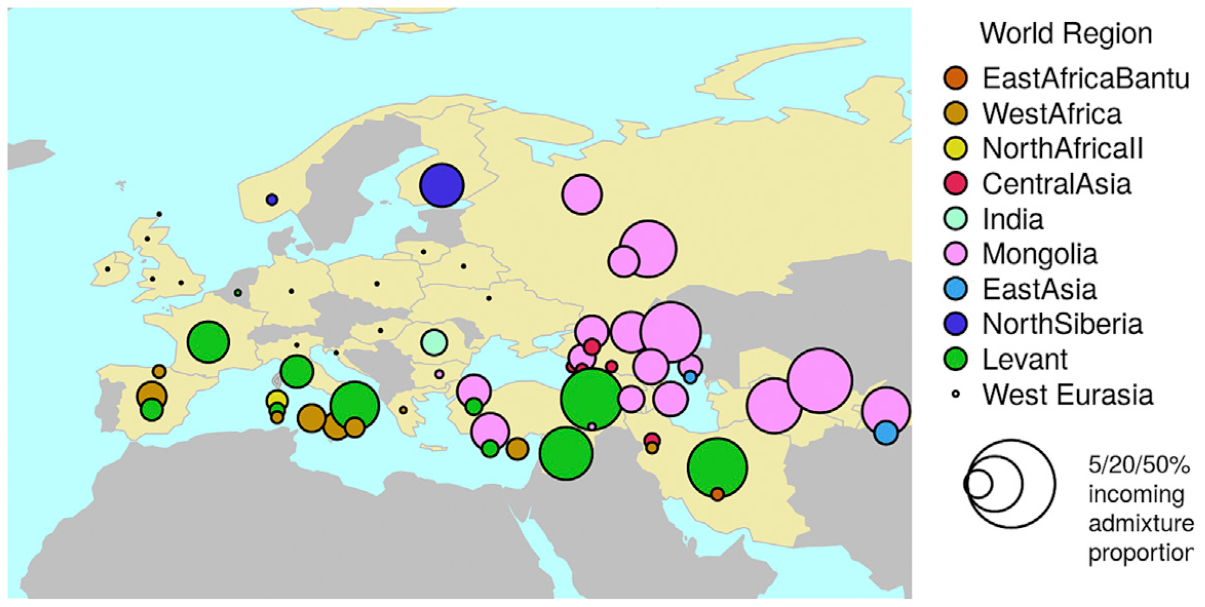The Umayyads (756-1031) ruled Al Andalus divided into various racial and religious groups. Among the Muslims were the Arabs, Syrians, Yemenis, Berbers and Muladis (Christian converts to Islam); after the Christians, called Mozarabs, who could be of Gothic or Hispanic origin, the Jews and the Slavs, who used to be slaves and freedmen.
The lowest position on the social ladder was that of Christians and Jews (although many of these had collaborated with the invaders in the eighth century due to the persecutions they suffered from several Gothic kings).
Maíllo emphasizes that traditional Islam does not grant equality to Muslims to monotheists living in Dar-el-Islam, nor does it claim it, because it cannot allow true believers to be confused with Christians and Jews.
When the Muslims seized Spain, they moved the legislation that the caliphs already applied to the Christians and Jews of Egypt and Asia Minor.
In Islamic legal-theological schools only the community of the faithful is the only legitimate beneficiary of the assets created by Allah and "jihad is the means by which the restitution to their legitimate owners of the goods that the infidels possess illegally
Through dimma, the Christian or Jew recovered a part of the rights denied. This non-Muslim was obliged to pay two taxes. One was the jarach, on the ground, which could reach half of the harvest, and without reductions (above, the debt accumulated in the heirs), while the Muslim paid between 5% and 10%. The other was the jizya, which was personal, in exchange for
the Islamic community forgiving him his life. Their amount varied and their payment was made in public and under humiliation; in the reign of Abderramán III it was paid four times a year.
As Christians were the majority of the population of Al Andalus until the 10th century, we are faced with a colonial system, in which an armed and wild minority lives in opulence through the legal plundering of the subjugated majority. Another economic and social pillar of Al Andalus were the expeditions to catch slaves, in which Almanzor highlighted.
Although they were unarmed and demoralized, the Mozarabs staged abundant rebellions and protests while they were the majority. In the eighth century they highlighted the martyrial movement of Córdoba (850-859), in which several dozen Christians, of which the best known is San Eulogio (who called the domination of Muslims "foreigners), appeared before the authorities to confess that they did not believe in Muhammad and submit to the death penalty; and the uprising of Omar ibn Hafsún, a muladi who was baptized as Samuel, in a territory between Córdoba and the Mediterranean, with capital in Bobastro, which the Umayyad cost almost fifty years to crush (880-929). Such reactions from Christians demonstrate the inability of Muslims to build a society in which there is minimal unity and respect among its elements.
https://www.libertaddigital.com/cul...mo-vivian-los-cristianos-en-al-andalus-79793/
In the excerpt I have taken from this interesting article you can see from the conditions that life in Al-Andalus must have been very complicated, a pressure cooker that had another option to exploit.


